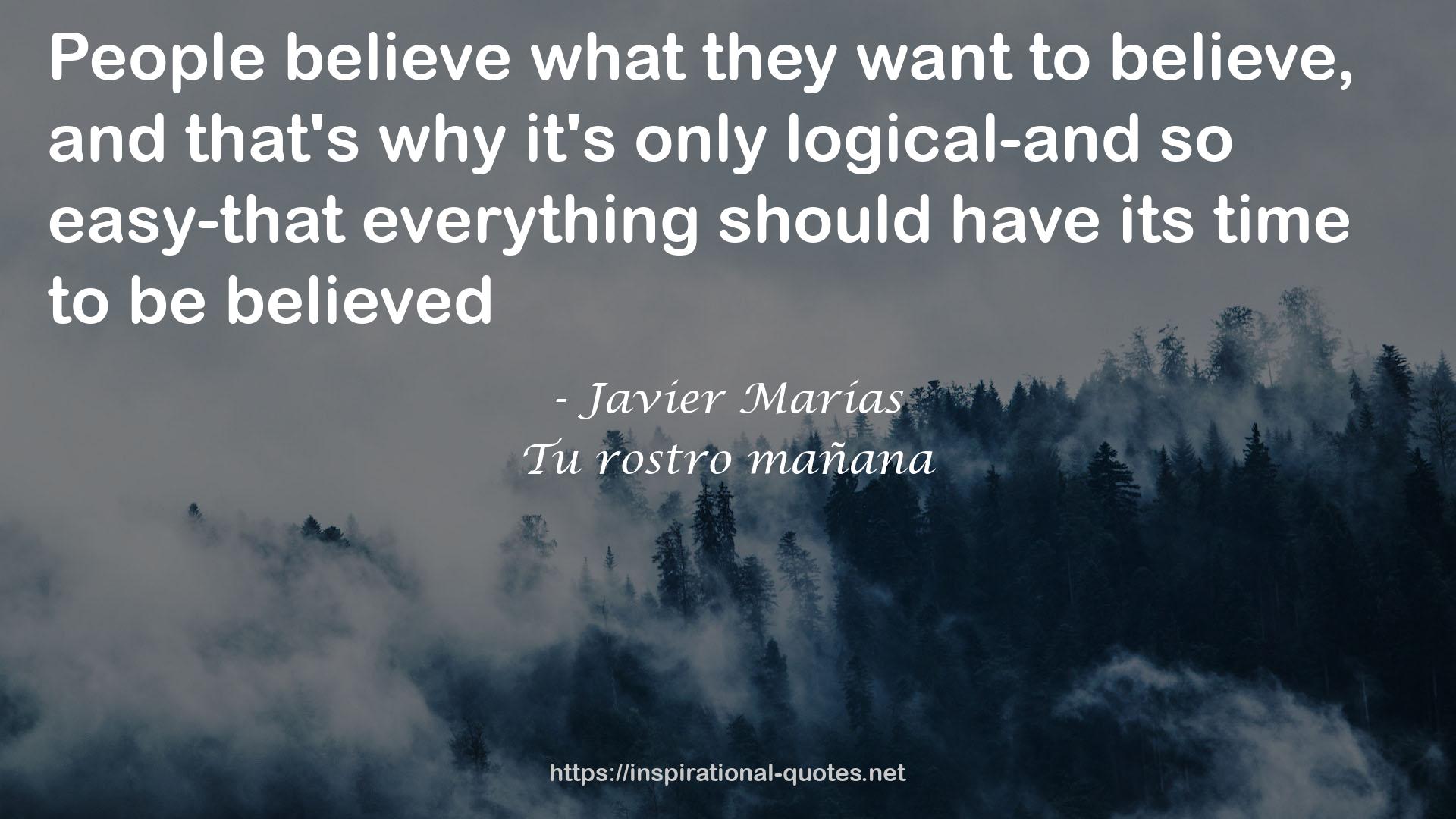Tu rostro mañana QUOTES
SOME WORKS
- Return of the Crimson Guard (Novels of the Malazan Empire, #2)
- Blood and Bone (Novels of the Malazan Empire #5)
- Dancer's Lament (Path to Ascendancy, #1)
- Deadhouse Landing (Path to Ascendancy, #2)
- Assail (Novels of the Malazan Empire, #6)
- Night of Knives (Novels of the Malazan Empire, #1)
- Aspirational Fascism: The Struggle for Multifaceted Democracy under Trumpism
- Long Dark Dusk (The Australia Trilogy, #2)
- The Echo (The Anomaly Quartet, #2)
- Mark Rothko: Toward the Light in the Chapel

